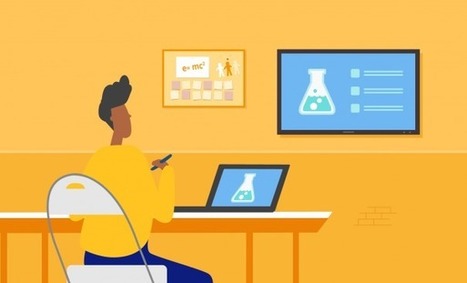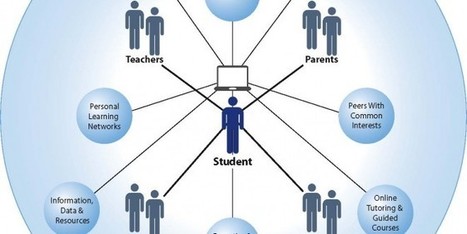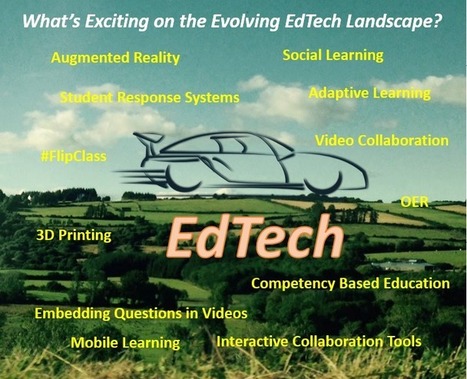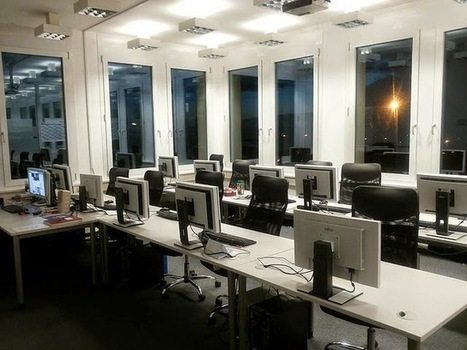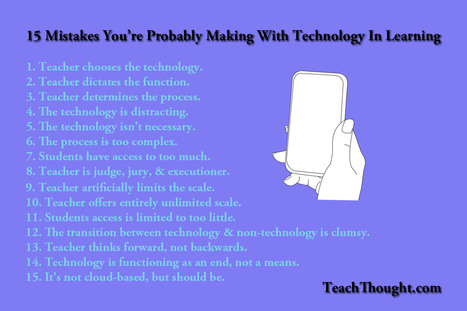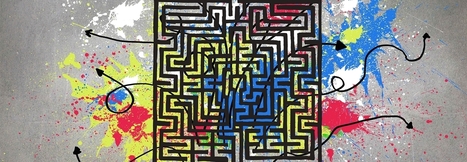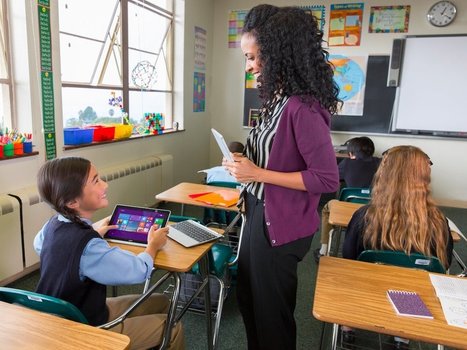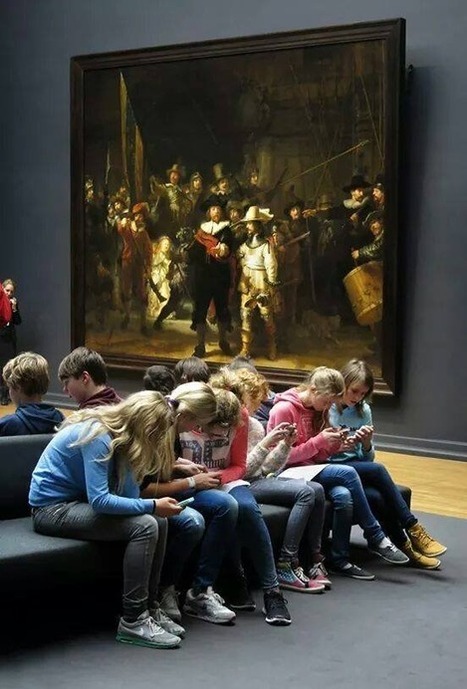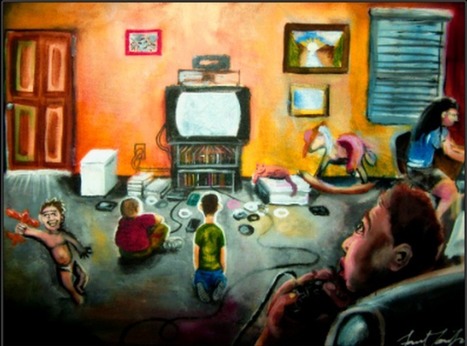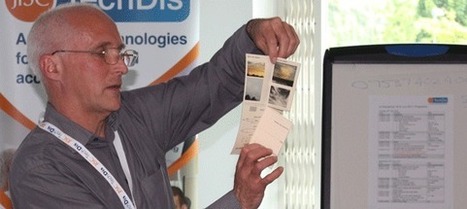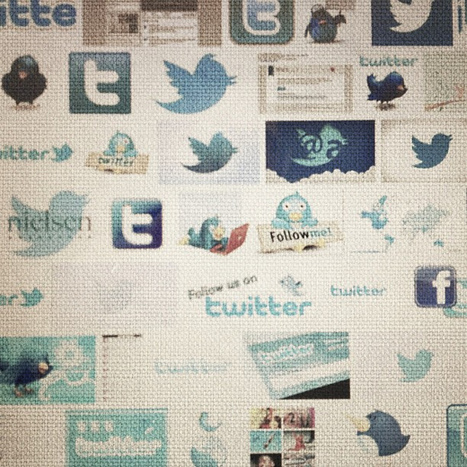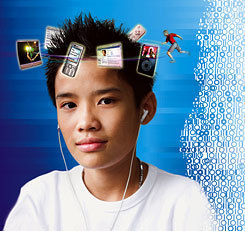Today, the classroom is much more dynamic and innovative than it used to be. While in years past, the classroom was seemingly immune to digitization, that’s no longer the case. Nearly every kid of every age has a smartphone and a digital-first mentality.
Some teachers have fully embraced EdTech in their classrooms, while for others, it’s a work in progress. We’re here to help you along. In this in-depth guide, we explore everything from education’s evolution to tips for making the most of technology in the classroom to current tools you can use to save time and improve the learning experience.
Get Started for FREE
Sign up with Facebook Sign up with X
I don't have a Facebook or a X account
 Your new post is loading... Your new post is loading...
 Your new post is loading... Your new post is loading...

Ruby Rennie Panter's curator insight,
August 1, 2014 5:16 AM
Nik gives some very useful insights and some practical ideas for developing online materials. He has a focus on Moodle, but the ideas relate to any online learning platform.
Donna Farren's curator insight,
August 1, 2014 8:16 AM
Nik makes some great points about Moodle - or really putting any content online - there has to be instructional design training, online teaching training or blended teaching training and how to select content for online delivery. technical training alone is not enough. 
Mikko Hakala's curator insight,
August 7, 2014 5:40 PM
Problems and possibilities of Moodle (and other similar platforms) outlined by Nik Peachey:
* Why Moodle courses often suck? Not so intuitive platform to work with, lack of teacher training and skills to create online learning material (I agree with these points), excess security issues.
* What to do to improve.
* Comment about ready-made courses. There are various problems, for example these often contain little student-teacher or peer interaction. I agree that the ready-made digital material, in my experience, is not very personalisable (and therefore difficult to teach in an inspired way).
* How to develop your Moodle skills? The post gives 9 links to practical video tutorials (how to create a quiz, add a youtube, etc.). There are also free Moodle platforms to practice.
Read more: http://nikpeachey.blogspot.co.uk/2014/07/why-do-so-many-moodle-courses-suck.html |

Nik Peachey's curator insight,
August 25, 2015 4:59 AM
Really useful article with some really good points about the use of technology by our students. |




